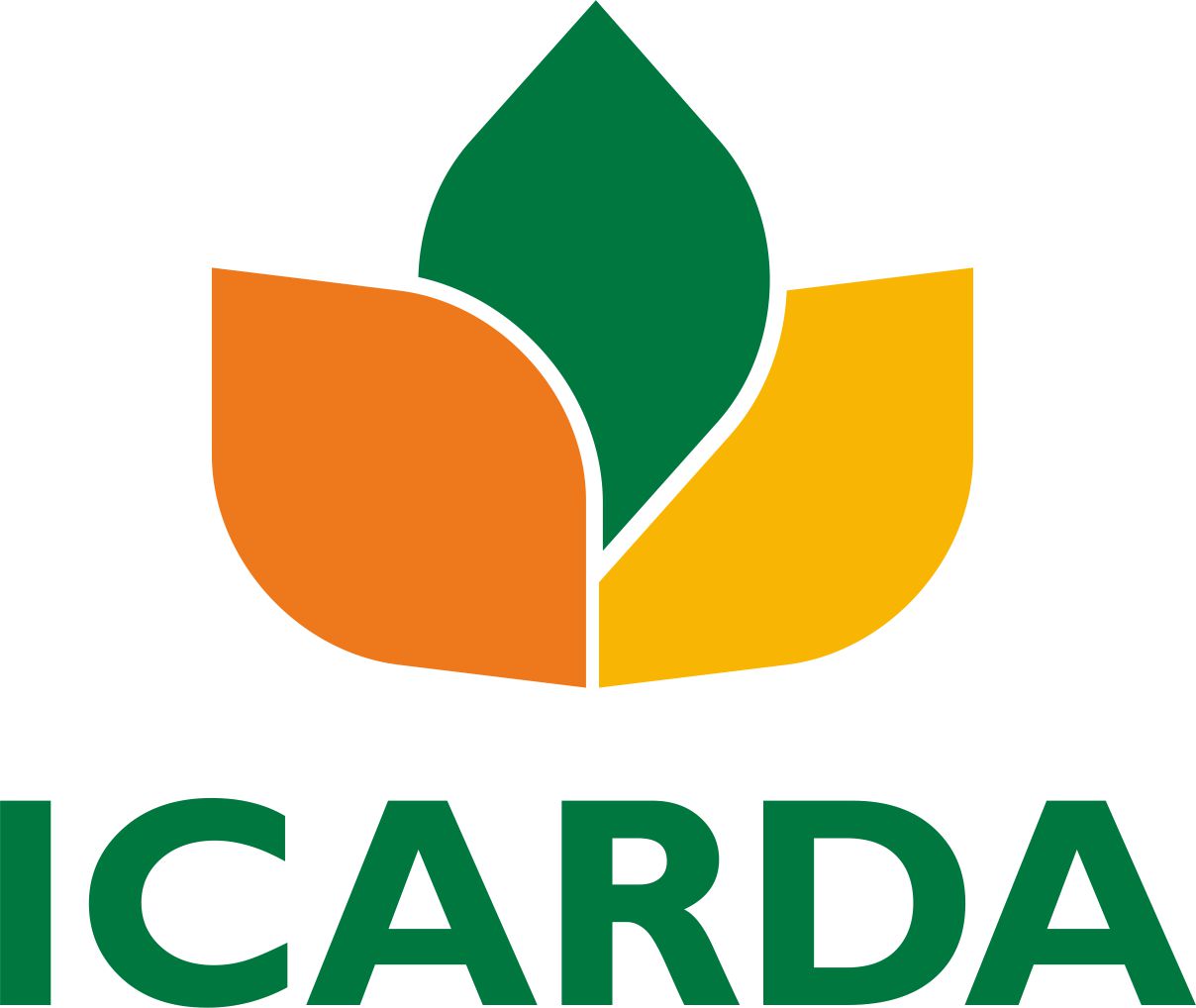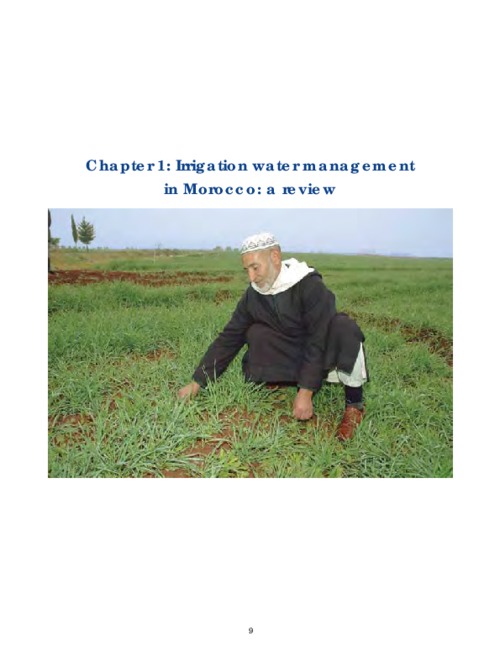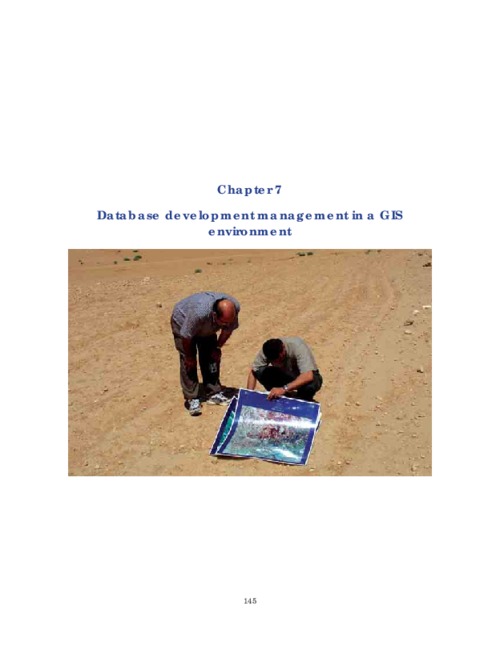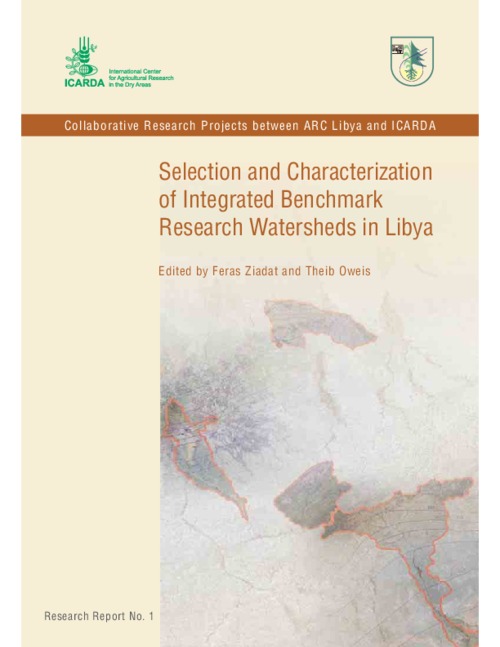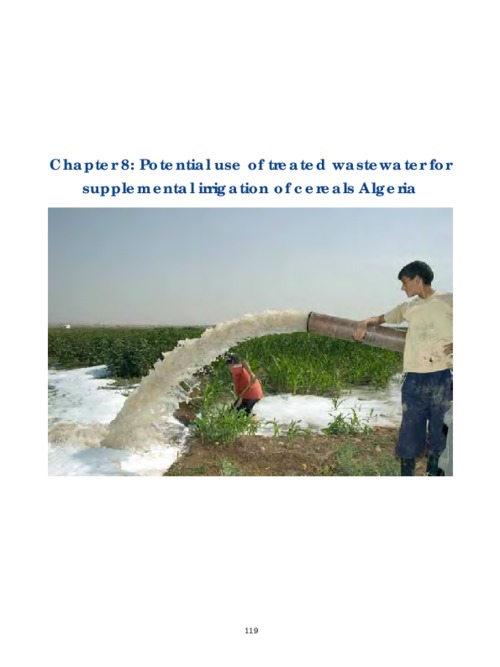Location
The International Center for Agricultural Research in the Dry Areas (ICARDA) was established in 1977. It is one of 15 such centers supported by the CGIAR. ICARDA’s founding mandate to promote agricultural development in the dry areas of developing countries remains highly relevant today.
ICARDA works with a tight focus on the problem-solving needs of resource-poor farmers, achieving this through the in-field delivery of its research outputs. Although global food production has increased by 20 per cent in the past decade, food insecurity and poverty remain widespread, while the natural resource base continues to decline.
International research centers such as ICARDA, which have helped drive previous improvements, continue to deliver new technologies to support sustainable growth in agriculture, and crucially, to work with a wide range of partners to accelerate the dissemination of these technologies.
ICARDA’s biggest strength is its staff – 600 highly skilled men and women from 32 countries. Our research and training activities cover crop improvement, water and land management, integrated crop-livestock-rangeland management, and climate change adaptation.
Other interventions include:
- Water harvesting - supplemental irrigation and water-saving irrigation techniques
- Conservation agriculture methods to reduce production costs and improve sustainability
- Diversification of production systems to high-value crops – horticulture, herbal and medicinal plants
- Integrated crop/rangeland/livestock production systems including non-traditional sources of livestock feed
- Empowerment of rural women – support and training for value-added products.
The ICARDA genebank holds over 135,000 accessions from over 110 countries: traditional varieties, improved germplasm, and a unique set of wild crop relatives. These include wheat, barley, oats and other cereals; food legumes such as faba bean, chickpea, lentil and field pea; forage crops, rangeland plants, and wild relatives of each of these species.
ICARDA’s research portfolio is part of a long-term strategic plan covering 2007 to 2016, focused on improving productivity, incomes and livelihoods among resource-poor households.
The strategy combines continuity with change – addressing current problems while expanding the focus to emerging challenges such as climate change and desertification.
We work closely with national agricultural research systems and government ministries. Over the years the Center has built a network of strong partnerships with national, regional and international institutions, universities, non-governmental organizations and ministries in the developing world and in industrialized countries with advanced research institutes.
THE ‘DRY AREAS’
Research and training activities cover the non-tropical dry areas globally, using West Asia, North Africa, Central Asia and the Caucasus as research platforms to develop, test, and scale-out new innovations and policy options.
Dry areas cover 41 per cent of the world’s land area and are home to one-third of the global population. About 16 per cent of this population lives in chronic poverty, particularly in marginal rainfed areas. The dry areas are challenged by rapid population growth, frequent droughts, high climatic variability, land degradation and desertification, and widespread poverty. The complex of relationships between these challenges has created a "Poverty Trap."
Members:
Resources
Displaying 366 - 370 of 431Irrigation water management in Morocco: a review
The best use of irrigation water is reflected in the strategic approach of the Ministry of Agriculture and the major research objectives of institutions working on sustainable irrigation management. Related research programs can be summarized as follows:
• crop water requirements;
• irrigation techniques, especially surface irrigation;
• irrigation scheduling; and
• soil and water quality as affected by irrigation and drainage.
Database development management in a GIS environment
The rangelands of West Asia and North Africa are the grazing grounds for the Bedouin with their flocks of sheep, goats and camels and are known as al Badia in the Middle East region. Average annual rainfall in the Badia ranges between 50 and 250 mm (Haddad 2006). Despite its scarcity, rainwater is generally poorly managed and much of it is lost through runoff and evaporation. To improve production in hese areas, there is a need for the sustainable management of natural resources – land and water (FAO 1983).
Selection and Characterization of Integrated Benchmark Research Watersheds in Libya
This report summarizes the experience of an integrated approach for the selection and characterization of watersheds for research, development, or research for development activities.
Potential use of treated wastewater for supplemental irrigation of cereals Algeria
This report explores the different aspects of using treated wastewater as a source of supplemental irrigation for enhancing productivity under rainfed conditions in Algeria.
Contour Laser Guiding for the Mechanized “Vallerani” Micro-catchment Water Harvesting Systems
Mechanized construction of micro-catchments for water harvesting (WH) was successfully tested in the Badia (dry rangeland) areas in Syria and Jordan, using the “Vallerani” plow, model Delfino (50 MI/CM), manufactured by Nardi, Italy. The plow was able to construct intermittent and continuous contour ridges, and could potentially be used to rehabilitate degraded rangelands. However, one major issue for large-scale implementation is the high cost and time required to manually identify contours for the plow to follow.

